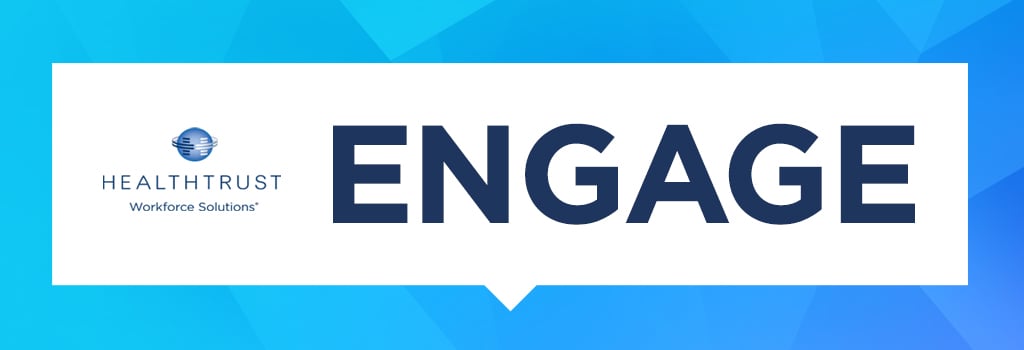
A recent article published on the Huffington Post discussed that, as the population ages and more people have increased access to health care under the Affordable Care Act, the U.S. may need as many as one million new nurses by 2022- in less than 10 years.
To help the public learn more about nurses, Pamela F. Cipriano, RN and 35th President of the American Nurses Association, shared a few common myths that persist about the largest group of health care workers in the nation:
1. Nurses report to doctors.
Nurses are licensed, highly qualified professionals who work closely with physicians and other health care professions. Each nurse must obtain a professional license, which differs by state, and adhere to a code of ethics similar to doctors.
In addition to working with physicians, nurses lead and participate in health care teams and often have the most direct contact with patients and caregivers. Their work includes assessment, critical thinking, enhanced care coordination, care plan development, clinical interventions and medication administration, as well as preventive care and chronic disease management. Advanced Practice Registered Nurses (APRNs) hold advanced degrees and provide a range of primary care and other health services, and states are increasingly removing regulatory barriers that prevent patients from fully benefiting from their expertise.
2. All nurses are the same.
As health care has become more specialized and diverse, so has nursing. Today, nurses practice in over 200 different specialties, such as anesthesia, mental health, school nursing, cardiac care, pediatrics, surgery, oncology, obstetrics and geriatrics. To become certified in a specialty, nurses must gain additional education and clinical hours, pass an exam, and periodically renew their credentials. The field of nursing has also seen more entrants with diverse backgrounds. Over the last 20 years, the number of minority RNs has tripled. Minority backgrounds represent more than 19 percent of the registered nurse workforce in the U.S., according to a 2015 National Nursing Workforce Study conducted by the National Council of State Boards of Nursing (NCSBN), and approximately 10 percent of nurses are male. Still, more needs to be done to boost the number of future minority nurses such as providing mentoring, academic and financial support, and encouragement from their peers and communities.
3. The country has enough nurses.
With the population aging and living longer, more than one million nurses will be needed in less than a decade to fill new job openings and a wave of retirements to meet the demand for health care services. By the year 2030, Americans age 55+ will make up 31 percent of the population, or 107 million people, according to the National Council on Aging. Employment of registered nurses is projected to grow more than 19 percent from 2014 to 2024, much faster than the average for all occupations, according to the U.S. Bureau of Labor Statistics.
Half of all nurses are over the age of 50. This presents a challenge of adequately replenishing the pipeline of students, meeting the market demand for nurses and replacing those who are retiring. This presents an opportunity for colleges and universities to create new academic nursing programs and expand existing ones, from pre-licensure programs to master’s and doctoral programs.
4. Nursing is an easy job.
Nursing is hard both physically and emotionally. Each year, tens of thousands of nurses suffer debilitating pain and often career-ending musculoskeletal injuries from manually lifting patients— an estimated 3,600 pounds per shift. Nurses rank fifthamong all occupations for the highest rates of musculoskeletal injuries resulting in missed work days. Nurses also sustain approximately half of all accidental needle stick injuries. Other “on-the-job” hazards include exposure to disease and chemicals, workplace violence, bullying and fatigue.
Click here to read the complete article.
Nurses- we invite you to comment and share with us what other nursing myths need to be debunked!



